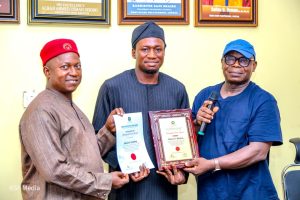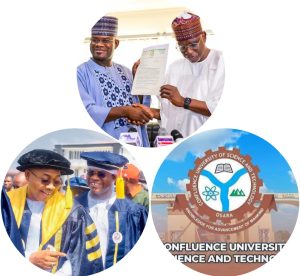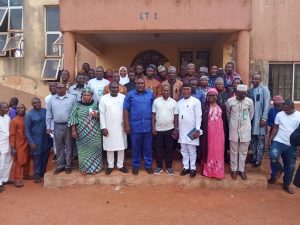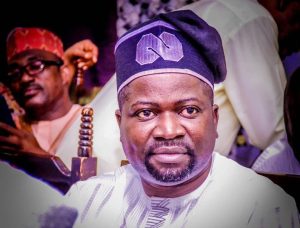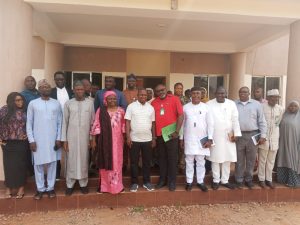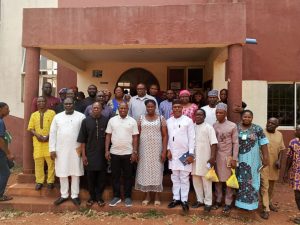The Rising Political Influence of Yahaya Bello and Perceived EFCC Persecution: A Threat to North Central’s Power Balance
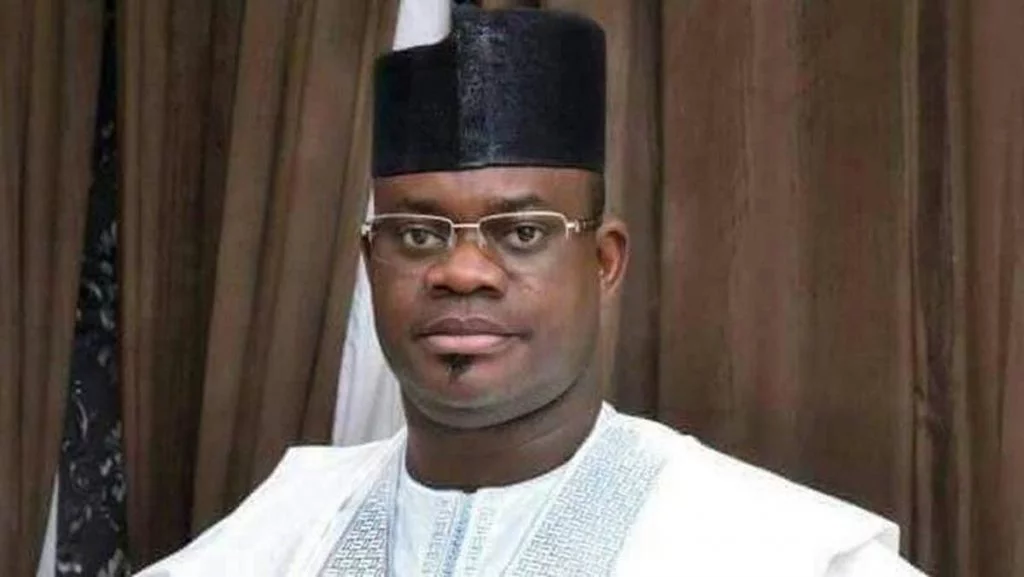
By Kerry Haruna
In recent years, the political landscape of Nigeria, particularly in the North Central region, has been marked by a growing influence of young and dynamic leaders, with Yahaya Bello, the former governor of Kogi State, at the forefront of this shift. His rapid rise to political prominence has made him a significant player not only in the politics of his home state but also on the national stage. However, with this rise in influence comes challenges, particularly the persistent scrutiny by the Economic and Financial Crimes Commission (EFCC), which many interpret as a targeted effort to diminish his growing power.
The North Central region, which includes states like Kogi, Benue, Plateau, Kwara and Niger, has historically been underrepresented in the national conversation about development compared to its counterparts in the North East and North West. Both of these regions boast established development commissions (North East Development Commission and North West Development Commission), created to address pressing issues of infrastructure, security, and economic rejuvenation. The absence of a similar body for the North Central raises questions about the equitable distribution of developmental resources.
Despite being politically vital, often serving as a swing region in national elections, North Central has struggled to secure the kind of federal attention that its counterparts enjoy. Many regional leaders, including Yahaya Bello, have called for a North Central Development Commission, arguing that their region deserves the same attention, particularly given its unique challenges ranging from insecurity to underdevelopment.
Yahaya Bello, who became the youngest governor in Nigeria when he assumed office in 2016, has been an emblem of youth-driven leadership in the country. His administration in Kogi State earned him both accolades and criticisms, with some praising his efforts in infrastructural development, youth empowerment, and security initiatives, while others raised concerns over governance approaches.
Nevertheless, Bello’s ambitions have extended beyond Kogi State. His bid for the presidential ticket under the All Progressives Congress (APC) in 2023, though unsuccessful, demonstrated his growing influence and the potential he holds as a future political leader in Nigeria. His charismatic appeal among young Nigerians and his bold stance on national issues have positioned him as a voice for not only his region but also for a new generation of Nigerian leaders.
The Economic and Financial Crimes Commission (EFCC) has had a significant presence in the political discourse surrounding Yahaya Bello. There have been numerous reports and speculations about investigations into his financial dealings during his tenure as governor, with the commission reportedly pressuring him on multiple fronts. For many of Bello’s supporters, these actions are seen as politically motivated, aimed at curbing the influence of a young leader who challenges the status quo.
In the broader context of Nigerian politics, it is not uncommon for political figures to face scrutiny from agencies like the EFCC, particularly when they present a challenge to established power structures. Many argue that the continuous pressure on Bello is a reflection of a systemic effort to prevent the North Central from producing a leader who could rival figures from other regions, particularly the North West and North East, in the contest for national influence.
The message circulating on social media, which points out the disparity in the establishment of development commissions for different northern regions, resonates with the broader sentiment in North Central. Leaders like Yahaya Bello, who advocate for more equitable power distribution and resources, face an uphill battle. The perceived persecution by federal agencies like the EFCC only adds fuel to the argument that there are deliberate efforts to keep the North Central politically marginalized.
The question remains, will Yahaya Bello and indeed other leaders from the North Central region be able to overcome the institutional challenges posed by federal scrutiny and the vested interests of other powerful regions? I believe it takes a more collective approach to achieve.
Yahaya Bello’s political journey is emblematic of the broader struggles faced by the North Central region in its quest for national recognition and equitable development. His rise to prominence and the challenges he faces from the EFCC raise important questions about the balance of power in Nigeria and the role of federal agencies in shaping the political landscape.

